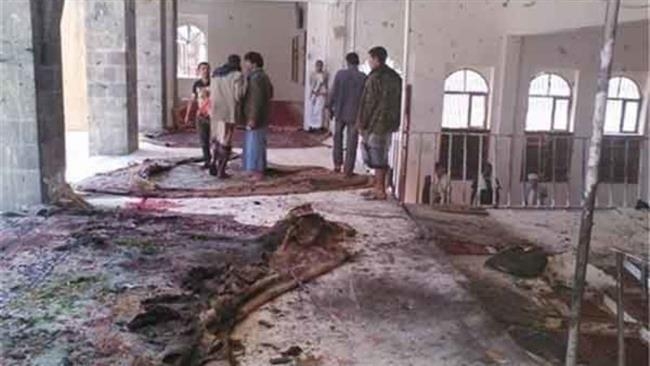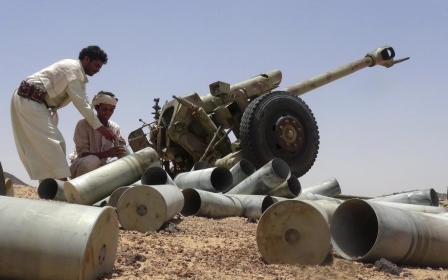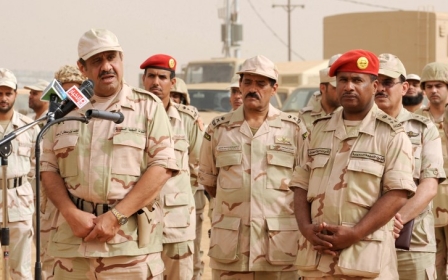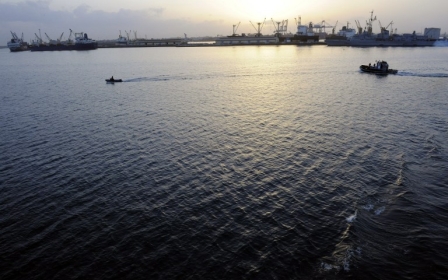Mosque bombing in Yemen capital claimed by IS

Islamic State (IS) have claimed a bombing at a Houthi-affiliated mosque in Sanaa which left over 13 people wounded.
"Members of the caliphate in Sanaa have detonated an explosive device in a Houthi mosque in the people's district ... which led to the death and injury of many of them [Houthis]" said the Islamic State, Sana'a Province (Wilayat Sana'a) in a statement.
According to Reuters, security sources in Sanaa said two out of the 13 wounded were in critical condition.
The bombing is thought to have occured concurrently with an attack on a Shiite mosque claimed by an IS affiliate called Wilayat Najd in Saudi Arabia's eastern province, which claimed more than 20 lives. It is unknown if the two attacks were coordinated together.
The Yemeni attack is second attack on a mosque affiliated to Yemen's Houthi movement alleged to have been carried out by supporters of IS in recent months.
At least 142 people were killed in March in four suicide bombings that targeted mosques attended by Houthi supporters in the Yemeni capital.
At the time, Wilayat Sanaa said that the bombing was "just the tip of the iceberg".
"Infidel Houthis should know that the soldiers of the Islamic State will not rest until they eradicate them [...] and cut off the arm of the Safavid (Iranian) plan in Yemen," they said in a statement.
In April the group issued a video showing what it said was the beheading of four Yemeni soldiers and the shooting of 10 others.
Islamic State is a relative newcomer to the political strife that has beset Yemen over recent years, but are now challenging the role of Al Qaeda militants in the country.
Al-Qaeda in the Arabian Peninsula (AQAP), regarded by the US as al-Qaeda's most dangerous franchise, have exploited the unrest that has existed since anti-government demonstrations drove former President Ali Abdullah Saleh from power in 2011.
Though hostile to the Houthis, AQAP have nevertheless refrained from attacks on mosques, following a decree from al-Qaeda leader Aymen al-Zawahiri, illustrating the deepening gulf in tactics between AQAP and IS.
Wilayat Sanaa are thought to have split from AQAP earlier this year and pledged allegience to the IS caliphate which controls vast swathes of Iraq and Syria.
The Houthis have been in virtual control of Yemen since February when they dissolved the parliament, leading to the resignation of President Abd Rabbuh Mansour Hadi, who has since fled to Saudi Arabia.
In response, Saudi Arabia and a coalition of Arab states have launched a bombing campaign in March against Houthi-controlled areas which has so far killed more than 1,800 people, including 131 children, according to the UN. More than 1,364 civilians have been wounded.
New MEE newsletter: Jerusalem Dispatch
Sign up to get the latest insights and analysis on Israel-Palestine, alongside Turkey Unpacked and other MEE newsletters
Middle East Eye delivers independent and unrivalled coverage and analysis of the Middle East, North Africa and beyond. To learn more about republishing this content and the associated fees, please fill out this form. More about MEE can be found here.




